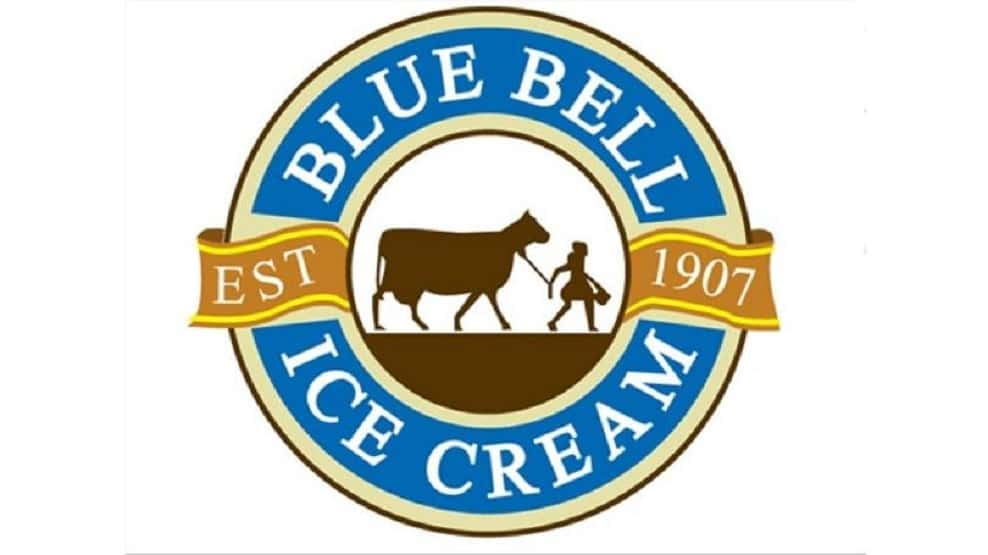
Paul Kruse, the ex-CEO of Brenham-based Blue Bell Creameries was indicted Friday over a Listeria outbreak in 2015 that was linked to at least three deaths.
Blue Bell, meanwhile, agreed Friday to plead guilty to two misdemeanor counts of distributing adulterated ice cream products and will pay a fine and forfeiture totaling $17.25 million and an additional $2.1 million to resolve civil False Claims Act allegations regarding products produced under insanitary conditions and sold to federal facilities, the U.S. Department of Justice said in a press release.
“American consumers rely on food manufacturers to take necessary steps to provide products that are safe to eat,” said Assistant Attorney General Jody Hunt of the Department of Justice’s Civil Division.
“The Department of Justice will take appropriate action where food manufacturers ignore poor factory conditions or fail to abide by required recall procedures when problems are discovered.”
Blue Bell issued a statement in which it said it has “revamped production facilities and procedures.”
“We faced a situation our company had never dealt with before, and our agreement with the government reflects that we should have handled many things differently and better. We apologize to everyone who was impacted, including our customers, our employees and the communities where we live and work.
“Since resuming production in the summer of 2015, we test our ice cream and deliver it to stores only after independent tests confirm it is safe.”
The indictment against Kruse, which charges one count of conspiracy and six counts of wire fraud, alleges Paul Kruse and other Blue Bell employees “concealed and/or confirmed Listeria contamination in Blue Bell products from certain Blue Bell customers” and that Kruse and other company executives knew as early as 2010 and continuing through April 20, 2015, “that appropriate practices to ensure sanitary conditions were not being followed at Blue Bell manufacturing facilities.”
From 2010 to April, 2015, according to the indictment, a period during which Blue Bell had more than $2.5 billion in gross sales, `the company “regularly tested finished product for the testing of coliform bacteria,” the presence of which “is used to gauge whether other microbiological pathogens may be present.”
Coliforms don’t normally cause serious illnesses, but, the indictment says “It is well understood in the food industry that a finished-product test result showing high levels of coliforms is an indication of insanitary conditions in the production facility.”
Coliform tests of products manufactured in Brenham and a facility in Broken Arrow, Okla., during that period, however, returned results “sometimes so high that they could not be counted by Blue Bell laboratory technicians.”
Despite the high counts, the products were shipped to customers, however, according to the indictment.
During the same period, the company occasionally arranged for third-party testing of products for Listeria and in early 2011 an employee created a program to test products with high coliform results for the presence of Listeria, “in part because of concerns about coliform levels expressed by inspectors with the United States military,” the indictment says.
Over a 10-week period, a dozen samples of finished product with high coliform levels were sent to an independent lab for Listeria testing, the indictment says.
But in April 2011, Kruse ordered the employee to stop the Listeria testing program, although just days later two of the samples sent to the lab tested presumptively positive.
Kruse again ordered a halt to the program and “another Blue Bell quality employee destroyed hard copy and electronic records of the two presumptive positive product test results,” the indictment alleges.
In early 2015 Texas and federal health officials notified the company on repeated occasions that samples of at least seven products made at plants in Brenham and Broken Arrow, Okla., tested positive for Listeria, but failed to recall the products, instead ordering executives to instruct sales people to remove the products from freezers at stores, hospitals, schools and restaurants and instructing executives “not to share information about Listeria contamination of Blue Bell products with customers.”
In March 2015 the company issued the first recall in its 108-year history after five confirmed cases of Listeriosis in Kansas were linked to products from a single production line, but then posted a statement online that said the potential listeria problem involved “a limited amount of frozen snacks” and that all the affected products had been recovered when in fact some of the products remained in stores or freezers after the March 13, 2015 statement.
On April 20, 2015 Blue Bell announced it was voluntarily recalling all of its products on the market.
Three days later the company announced it was closing all three of its creameries for cleaning and employee training.
Contaminated products were found at the company’s Brenham and Broken Arrow, Okla., plants, but not at its Alabama, facility.
In May 2015, the company announced that it was laying off or furloughing more than two-thirds of its 3,900 workers and suspending operations at more than a dozen of its distribution centers.
Ultimately 10 people in four states were hospitalized after eating the Listeria-tainted ice cream and three deaths were reported in Kansas.
— KWTX 10
